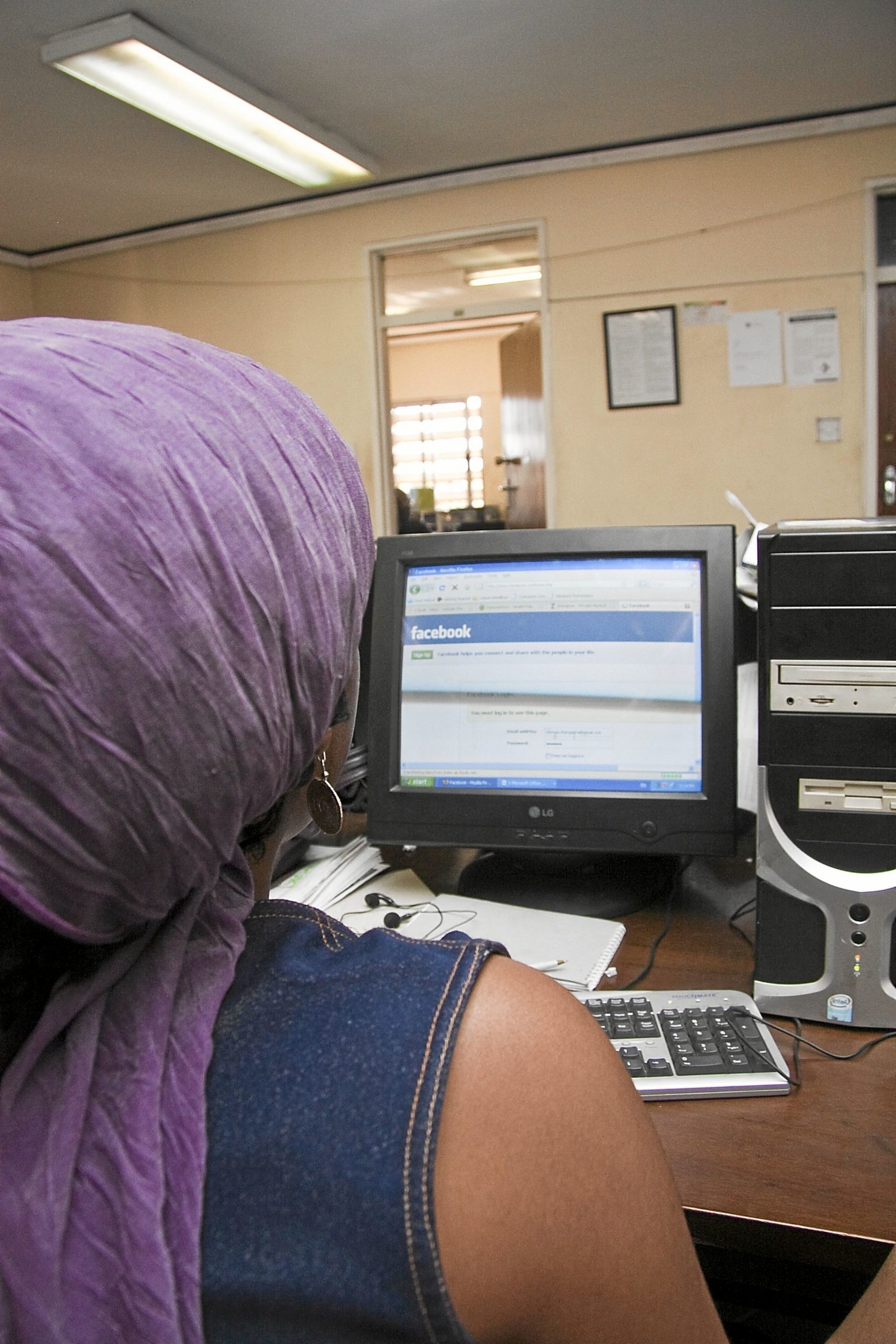
Mailonline
Facebook users face losing claims against banks and insurance companies because they are inviting fraudsters to scam them by posting so much personal information online. Anyone burgled after advertising holiday plans on social networks, or scammed after inadvertently leaving clues about their accounts or passwords online, could find they are left completely out of pocket. The crackdown is said to be “inevitable” after experts warned that hackers are finding it easier than ever to commit identity fraud and predict it will start happening within a year. Simply posting a picture of your car, or details about which phone network you use, is now enough for many scammers to be able to hack your computer and steal your bank details within minutes, they said.
One example given included a man who faced losing thousands after a picture of his new car posted online gave scammers enough detail to trick him into opening an email, which appeared to be from the DVLA.
With online fraud costing banks and insurance companies billions every year, they are expected to start taking into account the streams of information willingly publicised by people on the websites when analysing claims within the next year.
Alessandra Quartucci, head of saving at confused.com, said: “At the moment banks do not check a claimant’s personal social network information.
“However, we wouldn’t be surprised in the future if this did change as people are making this information more and more accessible.
“The words and images you post on the internet can be viewed by hundreds, even thousands, of people and sharing too much information on social networking sites can be a financial disaster.
“It is the debit and credit card owner’s responsibility to make sure their cards are kept in a safe and secure place, and telling everyone you’re not home does not make your house a safe place.”
- Accident, piracy affected my career: Zembe
- Kim Jayde revels in SA award nomination
- Building narratives: Chindiya empowers girls through sports
- Public relations: Which innovations are driving PR in 2022 and beyond?
Keep Reading
The major high street banks currently deal with fraud claims on a “case by case” basis. While they do not routinely check social networking sites, if something posted online could be considered “grossly negligent” it would be considered and could leave the customer completely liable to cover the cost of what they have had stolen.
Experts say the problem is one the banks will “inevitably” come down on more seriously because it is now so straightforward for hackers to use details posted online to create full profiles of internet users.
Oliver Crofton, director of online security company Vigilante Bespoke said this was likely to start happening within the next year.
“Hackers now use a more targeted approach, digging deeper and using social media,” he said.
“People put an alarming amount of personal information on different sites and everything you update, you broadcast to the world.
“This is costing the banking industry so much at the moment that it is an inevitable development that they will get stricter,” he said.








